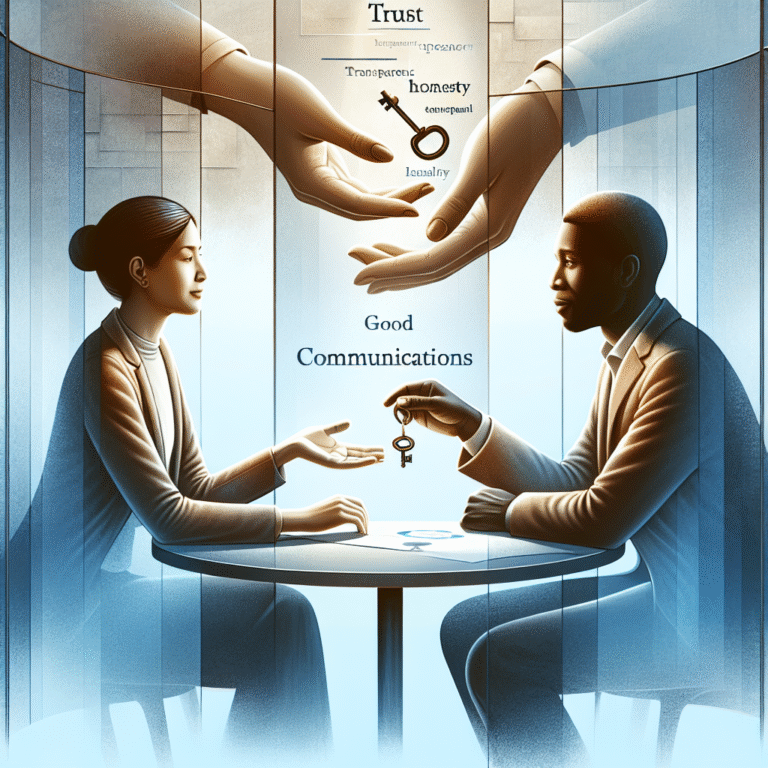
Introduction
In today’s fast-paced world, the battle against stress is a constant struggle for many. As deadlines loom and responsibilities pile up, our bodies respond with a cascade of hormones that can dramatically influence our sleep patterns and overall health. “From Stress to Sleep: How Hormones Control Your Life” isn’t just a catchy phrase; it encapsulates a significant relationship between our emotional well-being and our hormonal balance.
Understanding this connection can empower individuals to regain control over their lives. By delving into the intricate world of hormones, we can explore how they govern our stress responses, affect our sleep cycles, and ultimately shape our existence. So, let’s embark on this journey to uncover how hormones can be both our allies and foes and equip ourselves with knowledge to foster better health.
The Stress Response: A Hormonal Tale
The Hormones at Play
When faced with stress, our bodies trigger a complex hormonal interplay, primarily featuring adrenaline, cortisol, and norepinephrine. This immediate response, often termed the "fight or flight" response, is designed to prepare us for imminent danger. Here’s a simplified breakdown:
| Hormone | Function | Impact on Stress |
|---|---|---|
| Adrenaline | Increases heart rate and energy supply | Short-term energy boost |
| Cortisol | Regulates metabolism and immune response | Long-term stress management |
| Norepinephrine | Enhances alertness and reaction time | Heightened focus and vigilance |
This hormonal surge is vital for survival, but what happens when stress becomes chronic? The repercussions on our sleep and overall health can be devastating.
Case Study: The Corporate Warrior
Take, for example, the life of Jane, a mid-level executive at a marketing firm. After months of facing back-to-back deadlines, Jane started to notice severe sleep disturbances. Her cortisol levels had been consistently elevated, leading to insomnia and eventual burnout. By recognizing the link addressed in “From Stress to Sleep: How Hormones Control Your Life,” Jane sought professional help and engaged in mindfulness practices to mitigate her stress, ultimately restoring her sleep patterns.
From Stress to Sleep: The Unraveling Connection
The Impact of Cortisol on Sleep
Cortisol is often dubbed the "stress hormone." Its levels naturally fluctuate throughout the day, peaking in the morning and tapering off at night. However, chronic stress can cause sustained high cortisol levels, leading to significant disruptions in sleep architecture.
- Delayed Sleep Onset: Elevated cortisol can make it challenging to fall asleep.
- Fragmented Sleep: High cortisol levels can lead to frequent awakenings.
- Reduced REM Sleep: Cortisol impairs the ability to move into the restorative phases of sleep, particularly REM.
Case Study: The Student Athlete
Consider Mark, an overachieving student-athlete who juggles academic pressures and sports commitments. With cortisol levels skyrocketing during finals, Mark found it increasingly difficult to maintain a healthy sleep schedule. After adopting relaxation techniques, including yoga and controlled breathing, he saw improvements not just in his academic performance but also in his sleep quality, demonstrating the principle of “From Stress to Sleep: How Hormones Control Your Life.”
Beyond Cortisol: The Role of Other Hormones
Melatonin: The Sleep Hormone
Melatonin, often referred to as the sleep hormone, is synthesized in response to darkness. This hormone regulates our circadian rhythms and plays a crucial role in sleep quality. High cortisol levels can inhibit melatonin production, leading to disrupted sleep patterns.
The Balancing Act
Balancing stress hormones with sleep hormones is pivotal. Factors such as diet, exercise, and lifestyle choices play significant roles in this hormonal balance.
| Lifestyle Factor | Effect on Hormones |
|---|---|
| Exercise | Lowers cortisol, boosts endorphins |
| Diet | Affects serotonin and melatonin levels |
| Sleep Hygiene | Enhances melatonin production |
Case Study: The Busy Parent
Take Lisa, a mother of three who struggled to balance work and family life. Feeling overwhelmed, her cortisol levels escalated, disrupting her sleep. By implementing better sleep hygiene practices and focusing on a balanced diet, Lisa managed to lower her cortisol and enhance melatonin production, solidifying the concepts in “From Stress to Sleep: How Hormones Control Your Life.”
Practical Strategies: Empowering Change
Stress Management Techniques
- Mindfulness and Meditation: Engaging in mindfulness or meditation can effectively lower cortisol levels.
- Physical Activity: Regular exercise helps balance hormones and promotes restful sleep.
- Breathing Exercises: Simple techniques can stimulate the parasympathetic nervous system, lowering stress.
Sleep Hygiene Practices
- Consistent Sleep Schedule: Maintaining a regular sleep-wake cycle promotes melatonin production.
- Limit Screen Time: Reducing exposure to screens before bedtime can enhance melatonin levels.
- Healthy Diet: Foods rich in omega-3 fatty acids, antioxidants, and magnesium can promote better hormonal balance.
Case Study: The Weekend Warrior
Tom loved his weekends but crashed hard by Sunday night due to sleep deprivation during the week. By adopting healthier practices throughout the week, like prioritizing sleep hygiene and incorporating stress management techniques, Tom not only improved his sleep quality but also his overall mood and productivity.
Conclusion: Seizing Control of Your Life
The intricate dance "From Stress to Sleep: How Hormones Control Your Life" showcases an essential truth: our hormonal systems profoundly impact our daily lives. By understanding the role of hormones like cortisol and melatonin and their interplay, we can implement effective strategies to manage stress and improve sleep.
This journey towards health is a continuous one. Equip yourself with knowledge, apply evidence-based practices, and don’t hesitate to reach out for professional support when needed. With a collective effort, we can navigate from the overwhelming stressors of life to the peaceful realm of restorative sleep.
FAQs
1. How does stress affect sleep quality?
Stress releases hormones like cortisol, which can lead to insomnia and disrupted sleep cycles.
2. What can I do to lower my cortisol levels?
Engaging in physical activity, practicing mindfulness, and maintaining a balanced diet can help lower cortisol levels.
3. How does melatonin influence sleep?
Melatonin regulates sleep-wake cycles and helps you fall asleep. High cortisol levels can inhibit its production, affecting sleep quality.
4. Can stress lead to hormonal imbalances?
Yes, chronic stress can lead to elevated levels of stress hormones and disrupt the balance of other hormones, including sleep hormones.
5. What are some quick techniques to manage stress?
Breathing exercises, short walks, and mindfulness activities are effective short-term strategies to manage stress.
By embracing the insights shared in "From Stress to Sleep: How Hormones Control Your Life," individuals can take actionable steps toward better managing their stress and enhancing their sleep quality, leading to a healthier, more balanced life.

















